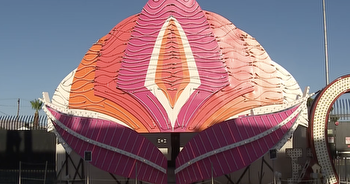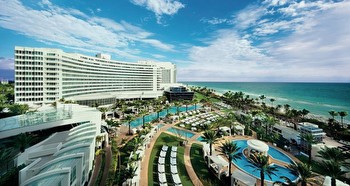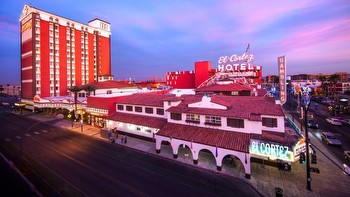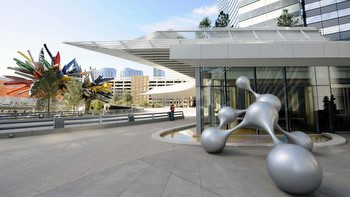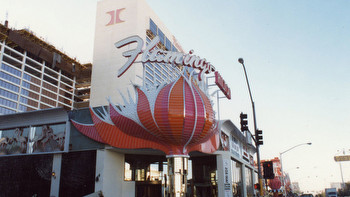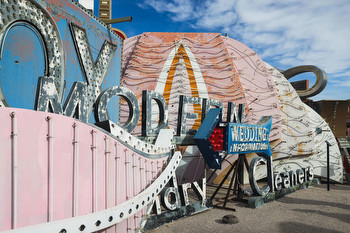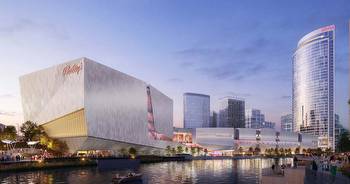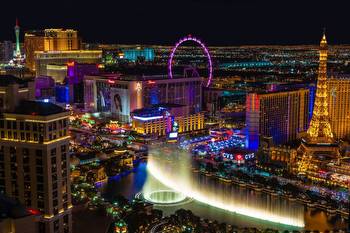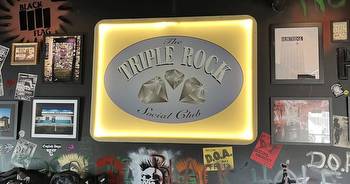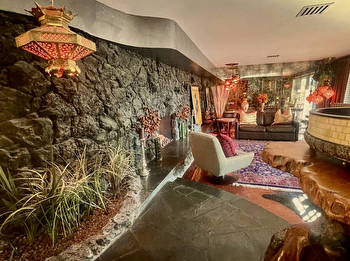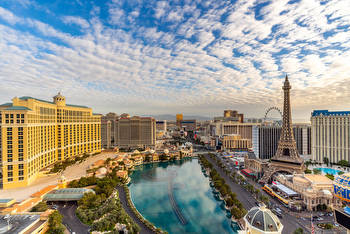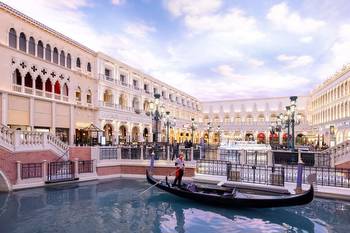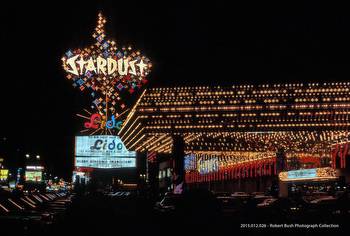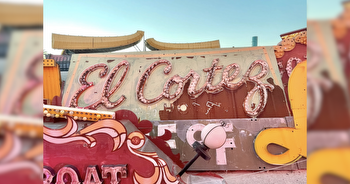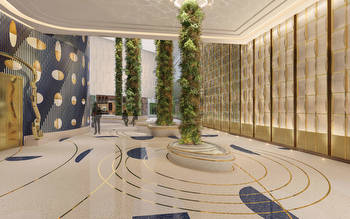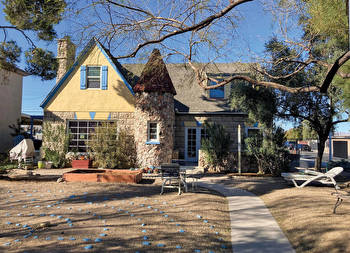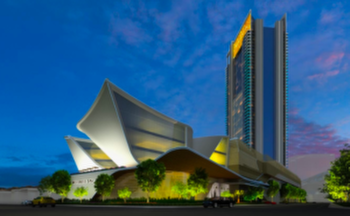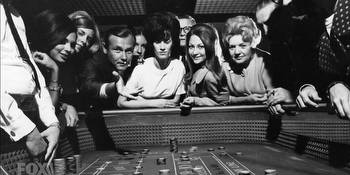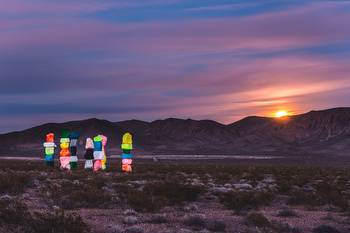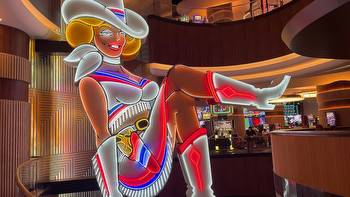The Neon Museum Presents DUCK DUCK SHED: Celebrating Las Vegas Architecture, Design, and Culture

Oct. 27-30, The Neon Museum will debut a four-day event entitled Duck Duck Shed: Celebrating Las Vegas Architecture, Design, and Culture to recognize the iconic architecture that defines the city as a cultural hub with major design influences that have world-wide impact, particularly in hospitality.
The event highlights the city's architectural character over the decades with more than three dozen individual offerings. Programming will include presentations by nationally acclaimed speakers, such as author, historian, urban planner and architect Alan Hess and Jon Sparer, the famed architect behind prestigious international resorts as well as the Mirage, Paris Las Vegas, and Bellagio in Las Vegas. Duck Duck Shed will also offer tours of historic Las Vegas neighborhoods and properties by foot, coach, and helicopter, including exclusive, once-in-a lifetime tours of Siegfried & Roy's Jungle Palace, a private estate that is not open to the public.
"The Neon Museum tells the stories of Las Vegas history through its iconic art form of neon," said Aaron Berger, executive director of The Neon Museum. "However, neon signs are only one element of the city's unique history in the fields of design and culture. Las Vegas' architecture and design has evolved over the decades and inspired many. We are proud to launch Duck Duck Shed that will present the city's history through its architecture with nationally renowned lecturers and unforgettable experiences."
"Las Vegas has so many architectural gems, and I'm excited that Duck Duck Shed will shine a national spotlight on the beautiful designs that have shaped our city's history," said city of Las Vegas Mayor Carolyn Goodman.
Berger added that Duck Duck Shed is focused on the themes first identified in the seminal text "Learning from Las Vegas" by Denise Scott Brown, Robert Venturi, and Steven Izenour, which is celebrating its 50th year since its initial printing and is still considered required reading in many universities' architecture programs. The authors penned the idea that buildings are either "ducks" that explicitly represent their function through their unique shape and design or "decorated sheds" that are more generic structures whose signs and décor denote their purpose. Examples of this academic concept over the course of Las Vegas history include the Tropicana which opened in 1957 and Resorts World that opened just last year as "decorated sheds" and the Excalibur and Circus Circus as "ducks."
"Since its founding Las Vegas has never ceased to amaze, innovate, and astonish. The Neon Museum is right to keep the spotlight on how it came to be, and the lessons it still has to reveal," said Alan Hess, who will present on Oct. 27, "The View from Flamingo Rd: How Las Vegas Mastered Modernism" at the Legacy Club on the 60th floor of the Circa Resort & Casino.
Duck Duck Shed will culminate with a black-tie gala at Jungle Palace to celebrate the 10th anniversary of The Neon Museum at its current location on Las Vegas Boulevard in downtown Las Vegas.
Duck Duck Shed is presented by The Neon Museum and sponsored by the Commission for the Las Vegas Centennial. All programming is offered on an a la carte basis so attendees can attend the programs of their choice and that best meet their schedules. For full details on event programming and to sign up for any of the tours, exhibits or lectures, visit www.duckduckshed.com and follow @duckduckshed on Instagram, and .








